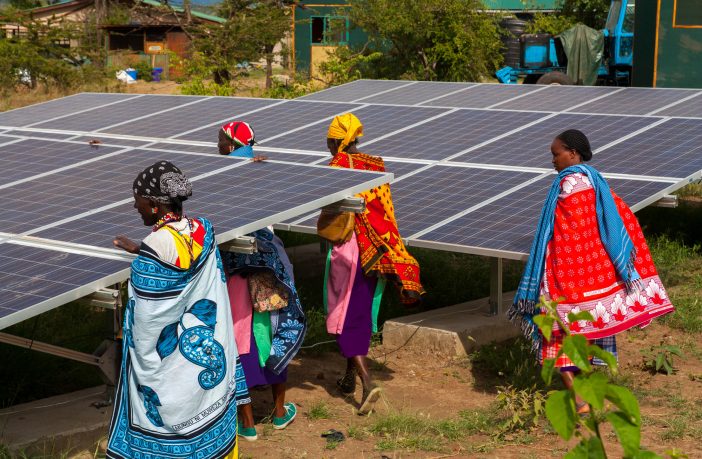- Africa’s off-grid solar market offers vast potential but the development of mini and micro-grid systems is often hindered by inadequate business models, themselves hampered by calculation of electricity tariffs.
- Ethiopia is currently trying to set up a methodology for the calculation of electricity tariffs for mini-grid systems.
- Should the government’s work come to fruition, it can provide much-needed certainty to mini-grid investors.
Hizkyas Dufera, senior adviser to Ethiopia’s Ministry of Water, Irrigation and Energy, told the Africa Energy Forum held in Lisbon this summer the government of the east African nation is working on a methodology for the calculation of mini grid electricity tariffs. The goal, said Dufera, was to make the development of mini-grids in Ethiopia financially viable.
If the ministry establishes a methodology, private investors could apply it to their own projects, said the adviser.
The government would also be able to check investor calculations and, should they involve high tariffs, the authorities in Addis Ababa would consider subsidizing investors, for example by helping with capital expenditure to provide a measure of certainty for project backers.
Around 45% of the Ethiopian population has access to electricity and the government wants universal access by 2025. To achieve that, the nation last year launched the Ethiopian Electrification Program, which envisages providing 65% of its people with power from the grid and the balance from off-grid installations.
Ethiopia is embracing solar by running two rounds of the World Bank’s Scaling Solar program with the aim of procuring 750 MW of PV power generation capacity.
The nation’s electricity sector faces issues common to African power markets including low electricity prices that do not reflect the real cost of electricity procurement and inefficient mechanisms for the collection of electricity bill payments.
Such issues affect the electricity off-taker’s financial performance and are particularly important given Ethiopia wants to unbundle the generation, transmission and distribution operations of its electricity sector.
Author: Ilias Tsagas
This article was originally published in pv magazine and is republished with permission.















